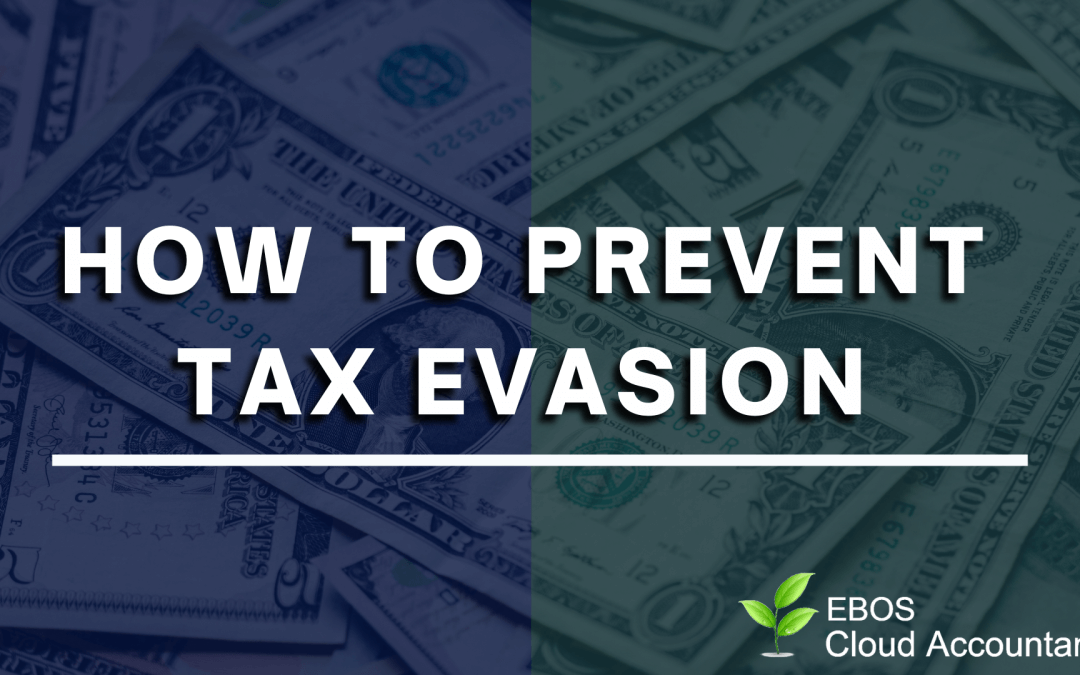Singapore takes tax compliance very seriously, despite their tax system’s reduced red tape and transparency. Penalties for tax evasion are severe and should not be taken lightly. They are motivated primarily by a desire to eliminate corruption and create a level playing field. Fortunately, with the proper framework in place, avoiding tax evasion is a relatively simple process. With that said, let’s go over the fundamentals of what not to do and, of course, what to do when it comes to meeting your tax obligations in Singapore.
What Exactly Is Tax Evasion in Singapore?
Tax evasion in Singapore, like in most other countries, is generally defined as using illegal methods to avoid meeting one’s full tax obligations required by law.
Among these illegal methods are, but are not limited to:
- Income under-reporting or non-reporting
- Tax reporting misrepresentation
- Profit transfer without justification
- Excessive expense claims
The Inland Revenue Authority of Singapore (IRAS) must have evidence that the intention of these actions is to avoid tax responsibilities in order to prove tax evasion. If it is discovered that a person did not intend to pay less tax, this is regarded as negligence rather than avoidance.
What Are the Penalties in Singapore for Not Paying Tax?
As previously stated, Singapore takes tax evasion very seriously, and the penalties are accordingly severe. Those found guilty of tax evasion in Singapore may face the following penalties:
- A penalty of 300% of any undercharged tax.
- A penalty of 300% of any GST undercharged.
- A S$10,000 fine, three years in prison, or both.
If documents were found to be falsified, the penalty was 400% of the undercharged tax. Those found guilty may also face a S$50,000 fine, five years in prison, or both.
Companies can face fines of up to S$10,000, and individuals can face prison sentences of up to seven years.
How Businesses Can Avoid Tax Evasion in Singapore
Aside from proper record keeping, we recommend that businesses make the following procedures standard practice within their operations:
Instruct your employees on how to spot illegal or suspicious tax-related activity.
Create a culture in which employees are encouraged to report any suspicious tax-related activity.
Check financial records on a regular basis to avoid criminal activity going undetected.
Create documentation to show that the company has taken steps to discourage tax evasion.
Conclusion — What’s Next in Singapore to Avoid Tax Avoidance Issues?
Singapore is known as one of Asia’s strictest tax jurisdictions, and it is also high on the list of countries that are tough on crime. As a result, it is critical for Singapore businesses to understand Singapore tax rules and Singapore taxation laws in order to avoid harsh penalties or even jail time. As frightening as all of that sounds, tax compliance in Singapore is actually quite simple if you have the right framework.
Please contact us if you would like some advice on how to create a framework for simple tax compliance in Singapore. EBOS cloud accountants has a team of experienced bankers, and accountants on hand to assist you.







